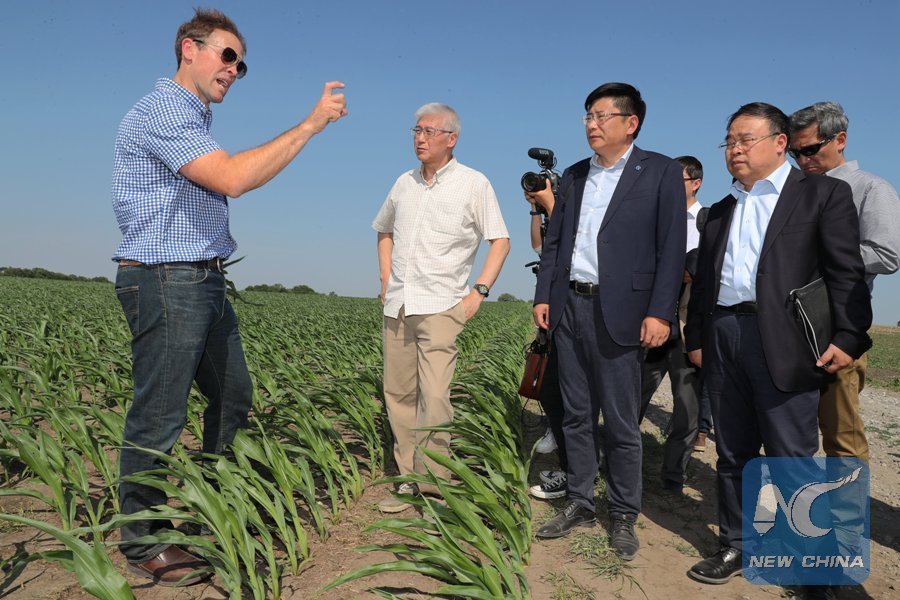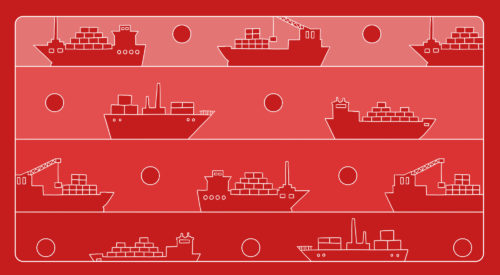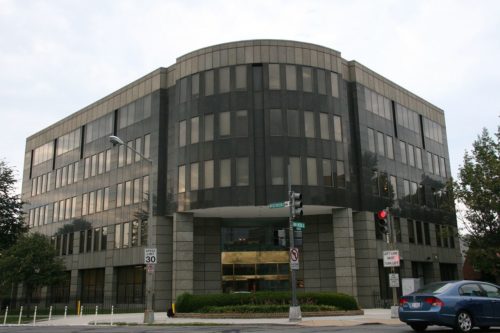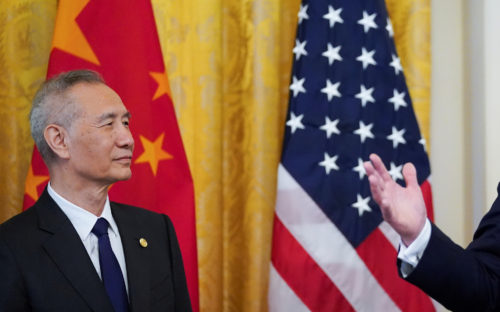China tries to absorb U.S. trade punch with handouts to companies and domestic soy drive

It is day five of the U.S.-China trade war. There are no signs that either side will back down or negotiate in the near term.
The China Project covered the dispute’s official opening salvos and impact on U.S. industry in Access member newsletters (become a member here). The big question for today is: How is China dealing with the impact of bilateral tariffs?
- First, the Chinese Ministry of Commerce is redistributing “the new tax income from the countermeasures” to “relieve the impacts on companies and their employees,” and encouraging companies to seek out alternative markets to import from, according to Xinhua (in English; in Chinese).
- Second, China is boosting domestic soy production, continuing a now months-long effort to subsidize the replacement of other crops such as corn with soy in farmland throughout the country. But the New York Times reports (paywall) that “China buys so much soy from the United States — $14 billion last year — that it can hardly switch to new suppliers overnight,” and that “the math is daunting, and the obstacles are formidable” for the country to move closer to soy self-sufficiency. It’s worth noting that most of the imported soy is used for livestock feed, not human consumption.
- But at least for now, Chinese consumers are mostly unaffected by the trade disruption. Reuters underlines that China’s “consumer price index (CPI) rose 1.9 percent in June from a year earlier, in line with expectations for a slight pick-up from May’s gain of 1.8 percent. On a month-on-month basis, the CPI fell 0.1 percent.”
Two more trade war related developments:
- Tesla has signed a memorandum of understanding to build a factory with the capacity to build 500,000 cars annually in Shanghai, according to Bloomberg (paywall), although the factory will take years to build and realize full operations, and investors continue to worry about the company’s financial stability. Nevertheless, “the carmaker’s stock rose as much as 2.9 percent” upon the announcement.
- The EU Chamber of Commerce has raised concerns about the supply chain disruption of the trade war, the AP says, and released what it calls “a new major report analysing the progress and shortcomings of China’s reform agenda since President Xi Jinping spoke at the World Economic Forum in Davos in early 2017.”
See also:
- GOP has varying responses to Trump’s imposition of tariffs / AP
A look at how Trump’s tariffs are playing politically in the American heartland state of Kansas. - What the tariff battle means for auto plants in South Carolina / WSJ (paywall)
- Hedge fund sees China stocks climbing in spite of trade war / Bloomberg (paywall)
“China’s strength in technology is one of the reasons for Wong’s confidence — but it’s also a factor fueling tensions, as the White House sees a threat to U.S. national security.”
Previously in The China Project’s trade war coverage:






